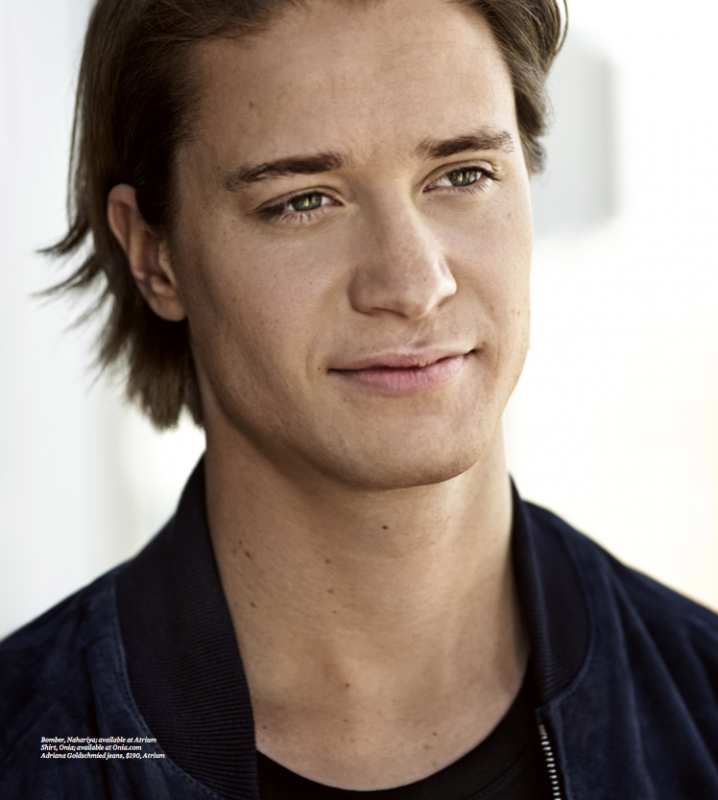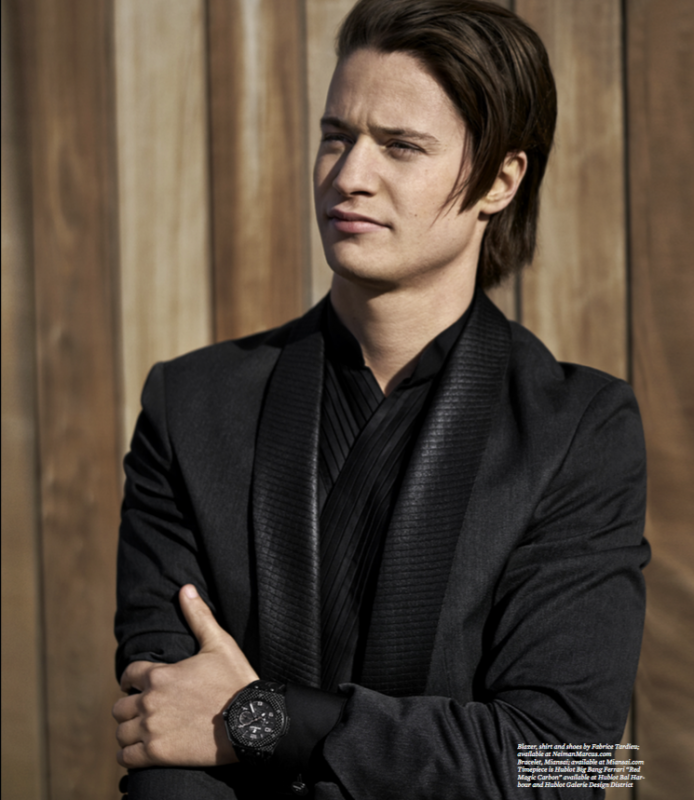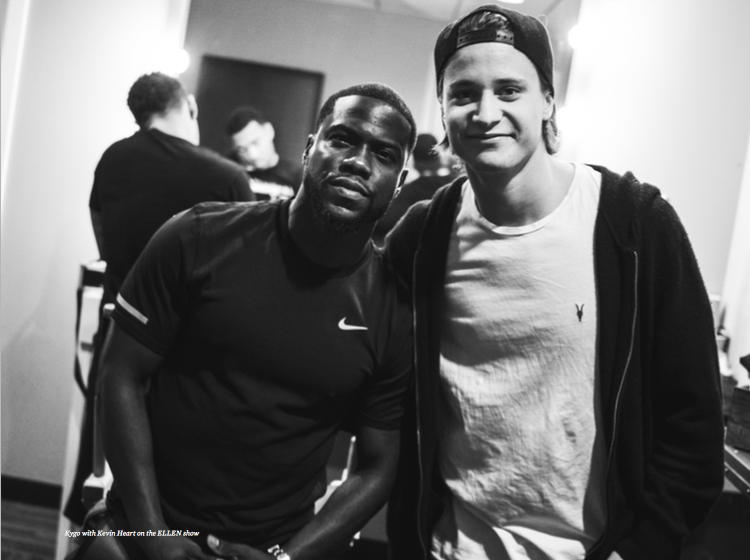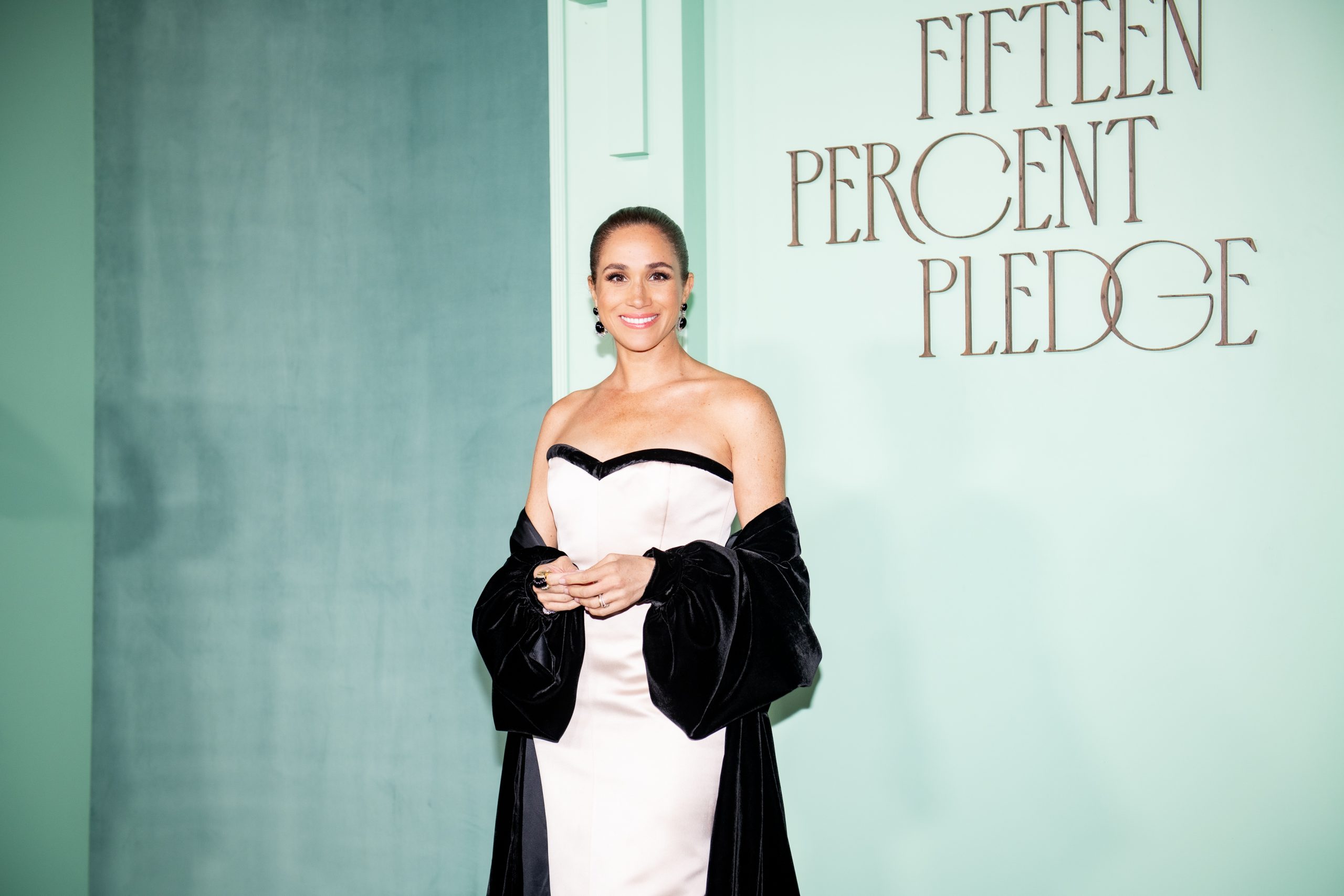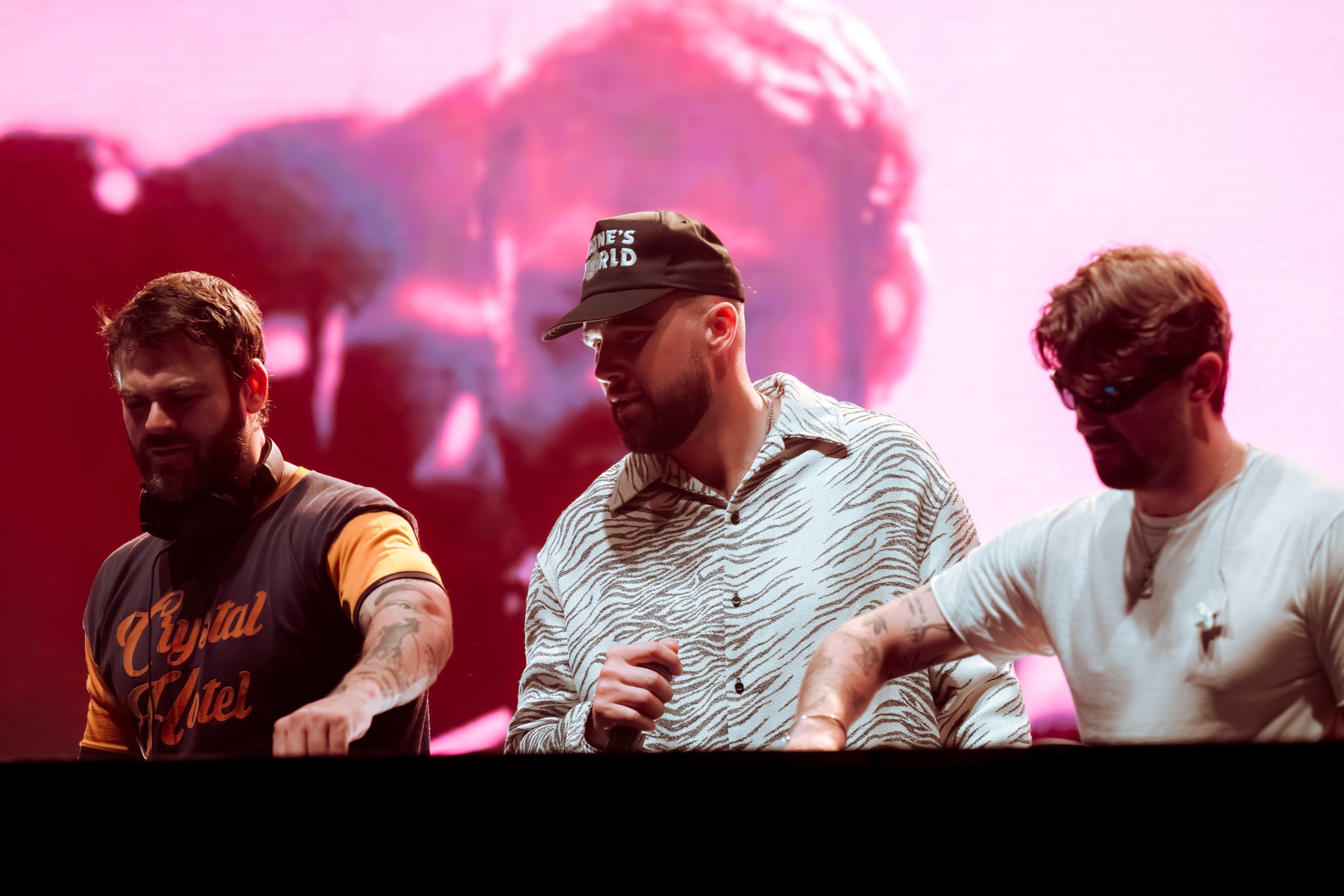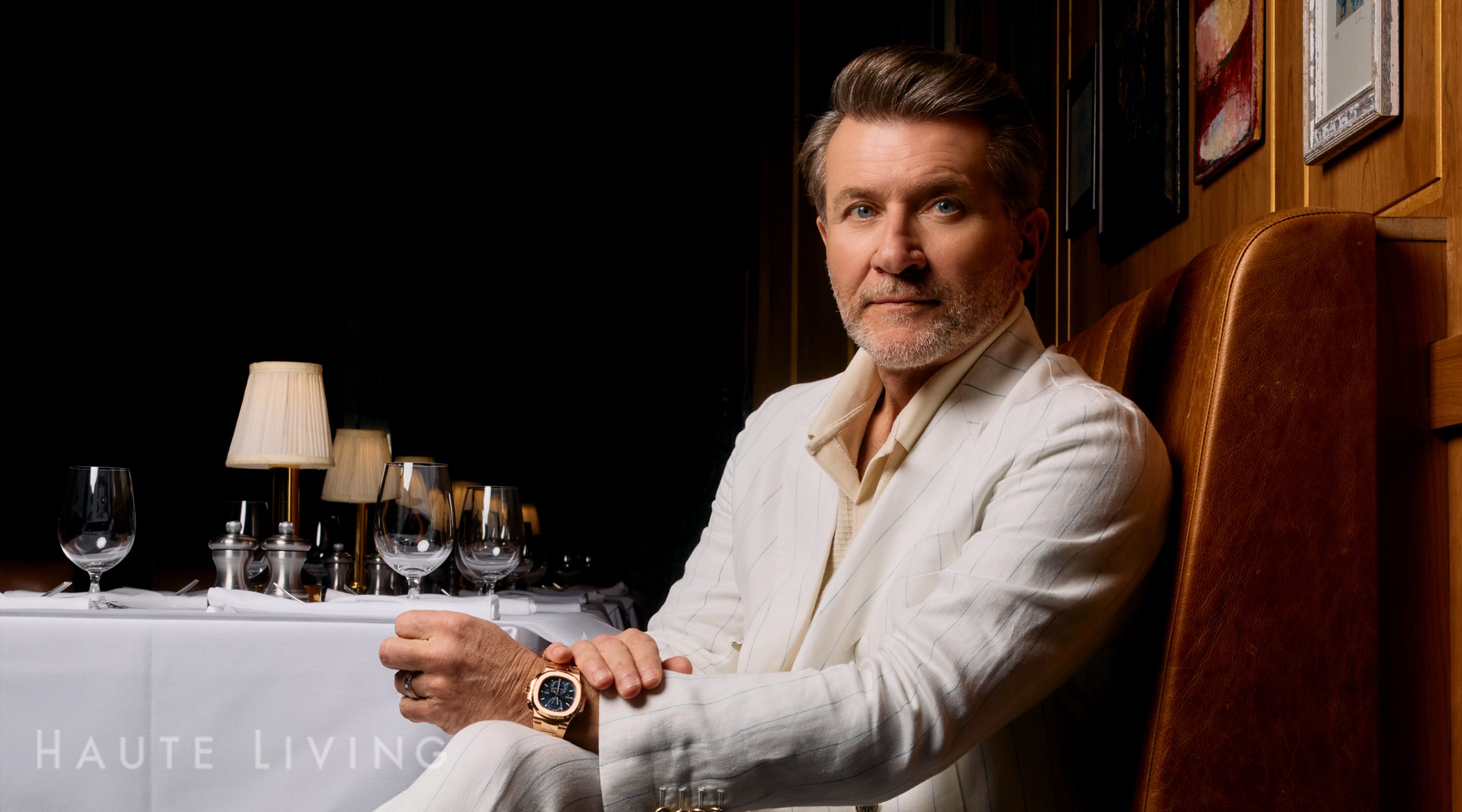What You Need To Know About Kygo
Aha and Kygo are the only two acts from Norway ever achieve international commercial success. That statistic speaks to the odds that 24-year-old electronic dance music sensation, Kygo (née Kyrre Gørvell-Dahll) has beat in becoming the artist with the most streams in SoundCloud history. Kygo has experienced a meteoric rise, remixing everything from Marvin Gaye’s Sexual Healing, to Ed Sheeran’s I See Fire, to Rihanna’s Stay in a new genre he has popularized called “Tropical House.”
That means happy, melodic beats that resonate perfectly on a beach in Ibiza, broadcast at a balmy music festival like Ultra, or in a steamy nightclub in Rome. Interesting that an artist from a Scandinavian country just south of the Artic Circle would pioneer a sound that is most at home in the islands. “I didn’t set out to come up with a tropical sound,” explains Kygo. “I just like playing songs with happy vibes and good feelings. I guess summer is the “happy time” of year and so that’s what people associate with happy music.” Happy or not, the sound is immediately recognizable—no doubt part of its allure.
When Haute Living catches up with Kygo in New York, it’s definitely not summer. “It’s a bit cold up here,” says the affable musician. Cold is an understatement as the temperature is subzero and the wind is wreaking havoc with his naturally flaxen hair. But Kygo is, unlike the expected image of the superstar DJ, mild-mannered, low-maintenance and unendingly professional. He’s just come off a successful stop for his Cloud 9 world tour, which opens with him descending 30 feet from above while playing a grand piano. Cloud 9 is also the name of his new album, which despite releasing 24 singles, it is his first full-length endeavor. That’s not the only thing that is different. Gone are the remixes for which he has become so famous. This one is all original music, much of which he’s been previewing on the tour.
“I called it Cloud 9 because that’s the place I want to take people when they are listening to my music. It’s also where I am when I make music. When I make a song, I’m really happy. It’s an indescribable feeling.”
To keep making this music he needs to keep returning to his hometown of Bergen, Norway. “When I’m on the road I don’t make that much music. I need to be in a studio, [preferably] back home,” he explains. “When I travel too much it affects the music and that is the most important thing. As long as I make good music, I can play shows, but if the music starts getting bad, the show offers won’t come.”
When he’s back in Norway, where he recently won a prestigious Spellemann of the Year prize, he enjoys spending low-key time with his family, friends and, yes, girlfriend. He makes music, plays Call of Duty, and squash. This is how he says he stays grounded. “It’s important to keep your old life and not change friends,” he says sounding wise beyond his years. “If this level of success had happened when I was 16, or 20, it might have been pretty hard to stay grounded, but I feel like I know who I am, who my real friends are. We’ve been friends since we were five years old.” In a word, when he’s there he’s happy. “That’s where the good music comes from. As long as I am happy in life then the music just comes out good,” he says with a smile.
Despite the recent streaming records, success wasn’t always a given for Kygo. His musical career began unwittingly at the age of five when he began taking piano lessons. “I enjoyed it, but it definitely wasn’t my favorite thing to do.” He trudged on for 10 years before he stopped the lessons at 15. But instead of giving it up altogether, it was when he quit that he began to play more seriously, finding his favorite songs on sheet music and then, eventually, creating his own. “I started composing my own melodies, which I really enjoyed doing.” It was then that he realized that music was his passion.
“I realized it was my dream to make music for a living, but I thought it was impossible to break through. There were so many guys doing the same thing that I was.” And it was true. Influenced by Avicii and the Swedish House Mafia sound, in 2009, Kygo wasn’t making music that was all that original. He went as far as enrolling in finance courses in Edinbourgh. “Back then everyone was trying to sound like Avicii, but I grew tired of that kind of music, so I began to go in my own direction and try to make something special.” And wouldn’t you know, that’s when things started to happen.
So he uploaded his first remixes on Sound Cloud and got a good response. “I was never totally sure of success, but I know it didn’t sound like anything else out there.” With each remix he posted, he got a little more praise and more and more streams. It was around this time that the young DJ met an even younger manager from Miami named Myles Shear, who had reached out to him after scouting his work online. Shear says, “I heard a unique sound and saw a chance to really build on what he had started.” The two struck a deal and grew together. “That’s when things really started happening,” says Kygo.
Success has been swift and steady ever since. “Myles and I are sort of a duo,” says Kygo. “I’m pretty bad at promoting myself. I think it’s a very awkward thing to do, so it’s very good for me to have a manager like him, getting the music out there.”
In the last 36 months, there were a number of milestones. The first of which was a top-billed appearance in 2014 at TomorrowWorld, America’s largest EDM festival, Kygo stood in for Avicii, who had cancelled all his tour obligations for health reasons. Although it was bittersweet for Kygo to see his idol fall ill, for him it was a career coup. Next, there was a show on the live stage at Ultra and then—he made history when he hit a billion streams on Spotify. This led to appearances on Ellen and The Late Late Show on CBS.
He’s also stoked to be coming back to Miami this March—after opening for The Weeknd at the Fontainebleau on New Year’s Eve—to perform at Ultra. “Ultra is one of the top EDM festivals. From the start of my making music, I wanted to go to Ultra, just to be in the audience. It was amazing a couple of years later to actually be a part of it. It’s a great festival and the people that run it are like a family, just great people.”
It should be noted, however, that Kygo does not partake in drugs of any sort. Might it bother him that a good percentage of the crowd may be flying high at any given moment? “When I play a show, I’m at work. But I know that the people at my shows are there to party. That’s the way it is,” he says plainly. “When I’m onstage playing a keyboard, I don’t need to drink or do drugs to have fun. I just love to see everyone singing along and dancing.” He notes it’s especially thrilling when he’s doing his own shows, because he knows each and every person has bought a ticket to see him, unlike festivals where performers share billing—and fans—with lots of others.
He describes the back stage scene as downright boring. “I might do a meet and greet, but I’m really low-key.” Still, he’s not averse to enjoying a drink or two when winding up his tour. “Today is the last show of the tour, so I might go to an after party and have a couple of drinks, but nothing wild!” he clarifies.
He’s not partaking in the usual indulgences of young men with newfound fame and money, but he does treat himself. “I like to go to Barney’s or AllSaints,” he says. Kygo also likes to treat his friends and family. “Now I can afford to bring them along and fly everyone from Norway to the US. Next weekend I am attending the X Games in Aspen and I’m actually bringing eight friends from Norway to meet me. I definitely want to share some of these moments with my family, friends, and girlfriend.”
“I wouldn’t be where I am today without SoundCloud and Spotify,” says Kygo. “It’s really a good thing that music is easier to find these days. Imagine me, a guy from Norway, having the same possibility to make it as someone who lives in Los Angeles or New York. It’s much easier now for people from small countries and small cities. You don’t have to move to London or LA to make it these days,” he notes. Indeed the 21st century music industry has helped him find an audience, but he readily admits things change fast. “The music business is changing every day.” He should know, because he’s one of the guys out there changing it.


